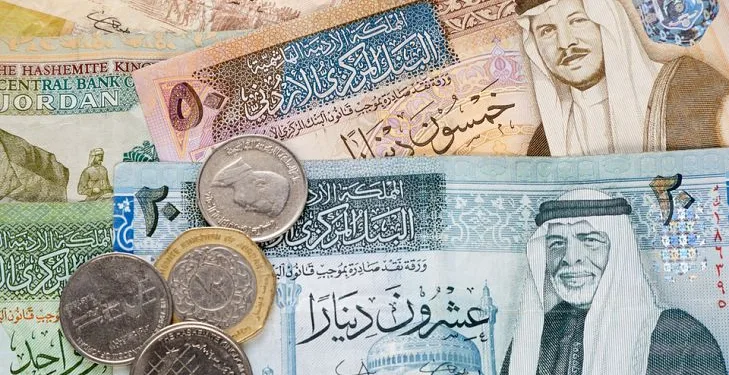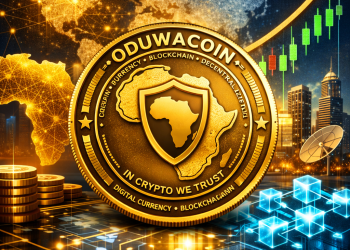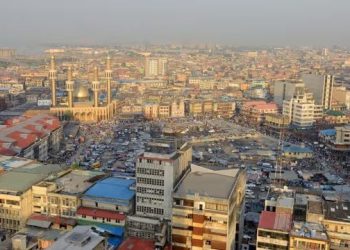The dollar holds the highest value globally. This is what many people believe, but this perception is a misconception. While the dollar is influential, currency values fluctuate based on economic factors.
The value of a currency isn’t solely determined by its denomination but also by the country’s economic stability, inflation rates, and international trade. For instance, the Kuwaiti Dinar surpasses the dollar in value.
Understanding currency value requires considering various economic indicators rather than relying solely on the denomination. Thus, while the dollar remains significant, it’s not always the highest-valued currency in the world, which illustrates the complexity of global monetary systems.
FinTech Telex has analyzed the currencies in the world and put together a list of five of the top in the world in 2024.
Also Read: 6 African Countries That Has Great Invest Value
The 5 Strongest Currencies In the World in 2024
1. Kuwaiti Dinar (KWD)
Contrary to the popular belief about the dollar, the Kuwaiti Dinar is the strongest currency in the world. Kuwait’s economic stability, primarily fueled by its abundant oil reserves, low unemployment rate, and tax-free system, results in a significant demand for its currency.
Their stable political economies and economies further boost the rate of the dinar. One Kuwaiti Dinar (1KWD) equals five thousand, one hundred and seventy-eight Naira (5,178.82).
2. Bahraini Dinar (BHD)
Coming in second place is the Bahrain Dinar. Do you know Bahrain is an island nation in the Persian Gulf off the coast of Saudi Arabia?
Bahrain’s economy, while not as reliant on oil as Kuwait’s, boasts diversification. This diversification spreads across the finance and construction sectors.
The strength of the Bahraini Dinar can be attributed to the nation’s effective monetary policies and its peg to the US dollar, ensuring stability and bolstering investor confidence.
One Bahraini Dinar (1BHD) is equivalent to four thousand, two hundred and thirty Nigerian Naira (4,230.41 NGN).
3. Omani Rial (OMR)
Prestigiously sitting in third place among the top currencies of the world as of today is the Omani Rial. Oman is located between the United Arab Emirates and Yemen at the tip of the Arabian peninsula.
Just like her affluent neighbors in the Middle East, Oman is a prominent exporter of oil and gas, contributing to its economic strength. The Omani rial, introduced in the 1970s, is pegged to the U.S. dollar, ensuring stability in its currency value.
One Omani Rial (1OMR) is equivalent to four thousand, one hundred and thirty naira ( 4,130.54 NGN).
4. Jordanian Dinar (JOD)
The Jordanian Dinar is the fourth top currency of the world. Jordan shares a border with Egypt, Syria, Iraq and Saudi Arabia.
Despite limited natural resources unlike the top three nations with the top currencies, Jordan’s well-developed banking sector has contributed to the stability of its economy, earning the Jordanian Dinar its top position among currencies with the highest exchange rates.
The country’s economic resilience and sound fiscal policies, coupled with close ties to Western nations and international aid, underscore the strength of the Jordanian Dinar.
One Jordanian Dinar (1JOD) will give two thousand, two hundred and forty-three Naira (2,243.58 NGN).
5. British Pound Sterling (GBP)
Crowning our top five list of valuable currencies is the British Pound Sterling (GBP).
FinTech Telex discovered that Britain is the sixth largest country by gross domestic product (GDP), according to the World Bank. This is one of the factors responsible for her strong currency value.
The United Kingdom’s diversified economy which cuts across finance, technology, and pharmaceutical sectors, plays a vital role in establishing the Pound’s formidable position in the global market.
The Pound was first introduced in the 1400s before being decimalised in 1971.
One British Pound Sterling (1GBP) is equivalent to two thousand and forty Naira (2,040.80 NGN).
This list has further proven that monetary policies, political stability, economic management and availability of natural resources can influence the currency of any country.










Your point of view caught my eye and was very interesting. Thanks. I have a question for you. https://www.binance.info/es/register?ref=RQUR4BEO